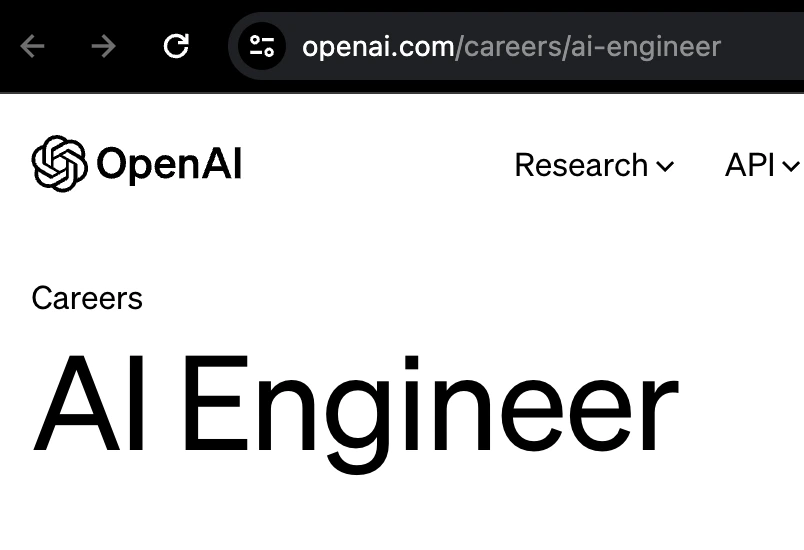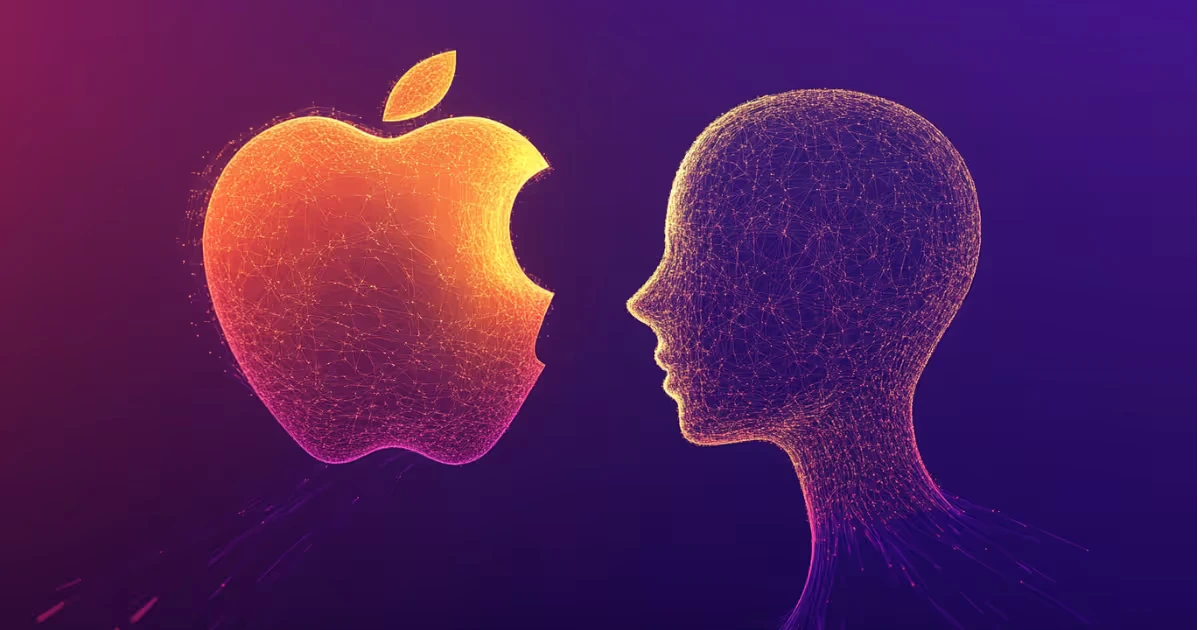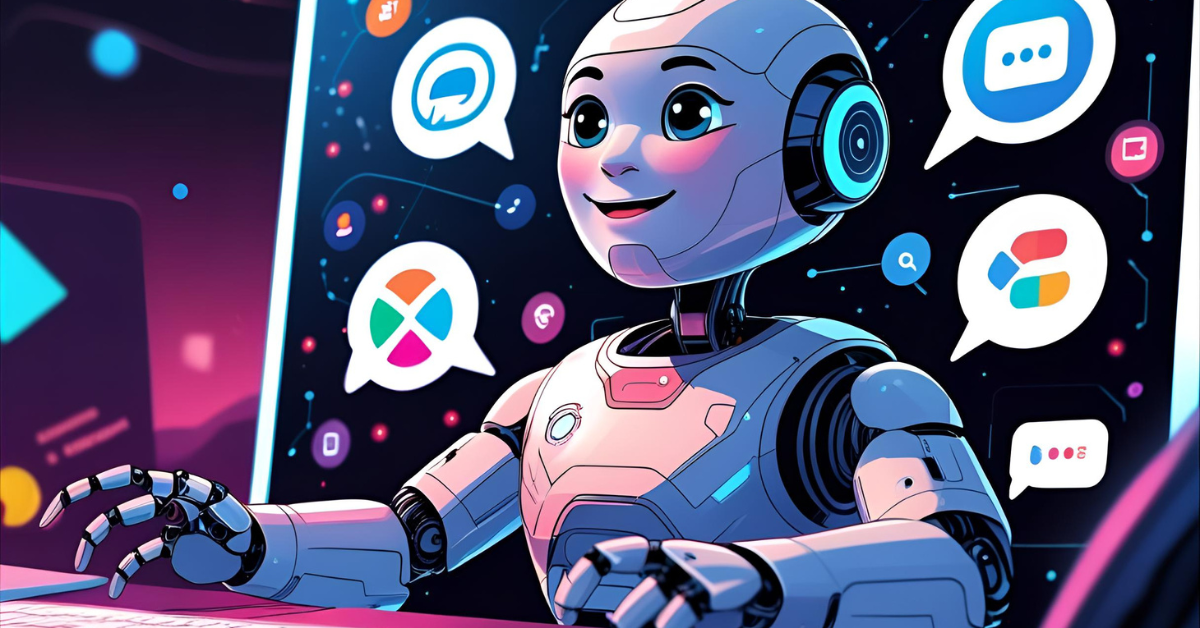OpenAI Career: What You Need to Know to Prepare for the Future of AI
OpenAI careers paths are quickly becoming some of the most prestigious and challenging in the world of artificial intelligence. With groundbreaking work on language models like GPT and vision models powering robots, OpenAI is pushing the boundaries of what machines can do. But for aspiring technologists, researchers, product managers, and operations experts, the question remains: How can you prepare for a career at OpenAI?
In this in-depth guide, we’ll break down the types of roles available, the qualifications and mindset needed, and how you can strategically build your portfolio to stand out in a sea of top-tier talent.
Understanding the OpenAI Mission
OpenAI’s mission is to ensure that artificial general intelligence (AGI) benefits all of humanity. That means the organization focuses on developing safe, ethical, and broadly beneficial AI systems — not just pushing the limits of intelligence, but doing so responsibly.
Why this matters for your OpenAI career
This core mission means OpenAI looks for more than just raw talent. They seek individuals who align with their values, demonstrate ethical thinking, and are conscious of how their work affects society at large. So preparation is not only technical — it’s also philosophical and ethical.
Types of Roles OpenAI Offers
Whether you’re a coder, researcher, or creative, OpenAI has a variety of job openings that span:
| Role Category | Example Titles |
|---|---|
| Research | Research Scientist, Research Engineer |
| Engineering | Machine Learning Engineer, Full-Stack Developer |
| Product & Design | Product Manager, UX Designer |
| Policy & Safety | AI Policy Analyst, Alignment Researcher |
| Communications | Technical Writer, Developer Advocate |
| Operations & PeopleOps | Recruiting Coordinator, Executive Assistant |
Check OpenAI’s official careers page for up-to-date listings.
Core Skills You’ll Need
To succeed in an OpenAI career path, certain foundational skills are almost always required:
- Deep knowledge of Python and libraries like PyTorch, NumPy, or TensorFlow
- Experience with LLMs, reinforcement learning, transformers, or other deep learning architectures
- Proficiency in research writing if applying for research-oriented roles
- System-level thinking for infrastructure or tooling roles
- Strong communication for product, policy, or people-related positions
Educational Background
While many OpenAI employees come from top-tier schools like MIT, Stanford, or CMU, a degree is not a strict requirement. What matters most is evidence of strong work — GitHub projects, Kaggle competitions, published papers, and open-source contributions all count. Some team members come from startups, bootcamps, or self-taught backgrounds.
7 Smart Steps to Prepare for an OpenAI Career
| Step | Action |
|---|---|
| 1. | Build a strong portfolio with AI research papers or GitHub projects |
| 2. | Learn about OpenAI’s safety mission and AGI alignment principles |
| 3. | Contribute to open-source projects or community-led AI research |
| 4. | Develop communication skills — blogs, talks, or even explainer videos |
| 5. | Practice interview-style challenges on platforms like LeetCode and Hugging Face |
| 6. | Join AI meetups, Discords, and conferences to network with the community |
| 7. | Stay current with papers from arXiv and OpenAI’s own publications |
Common Questions About an OpenAI Career
1. What degrees do I need for an OpenAI job?
There’s no strict degree requirement. Many successful applicants have PhDs, but others succeed with strong portfolios and deep practical knowledge.
2. How hard is it to get a job at OpenAI?
Extremely competitive. Expect multi-round interviews that test both technical depth and values alignment.
3. Can non-coders work at OpenAI?
Yes. There are policy, operations, HR, and communications roles for non-technical applicants.
4. What is the OpenAI internship like?
It’s intensive, collaborative, and often leads to a full-time role. Expect to work on real product or research features.
5. Do I need to know reinforcement learning?
It depends on the role. For research or robotics, yes. For ops or design, not necessarily.
6. What is the OpenAI working culture like?
Fast-paced but values-driven. Expect open communication, transparency, and a focus on mission-first impact.
7. Does OpenAI allow remote work?
Some roles are remote-friendly, but many are based in San Francisco. Always check the listing.
8. Is a portfolio more important than a resume?
In most cases, yes. Strong, provable contributions (even blog posts or GitHub repos) go a long way.
9. Can I apply multiple times?
Yes, if you’ve significantly improved your experience or skills since your last application.
10. Should I start with a startup first?
Yes — many successful OpenAI candidates come from scrappy startups or fast-moving AI labs.
Final Thoughts: Is an OpenAI Career Worth It?
A career at OpenAI is more than a job — it’s an opportunity to work at the frontier of artificial intelligence, helping shape the ethical and technical path of AGI. The competition is fierce, but with the right mix of curiosity, grit, and contribution, it’s within reach.
If you’re serious about an OpenAI career, start building today — not just your skills, but your mindset. Demonstrate that you care about the safe, scalable, and fair future of AI, and you’ll stand out from the crowd.
Also Read – https://aiindexes.com/ai-is-bad-for-the-environment/





